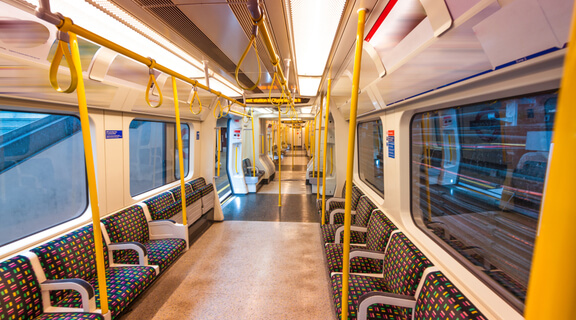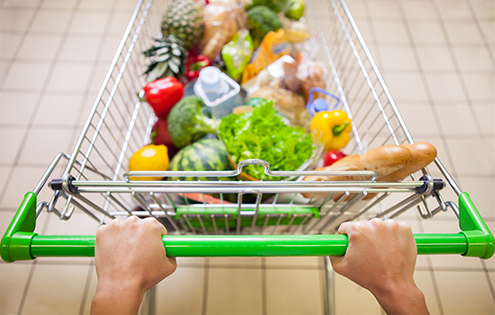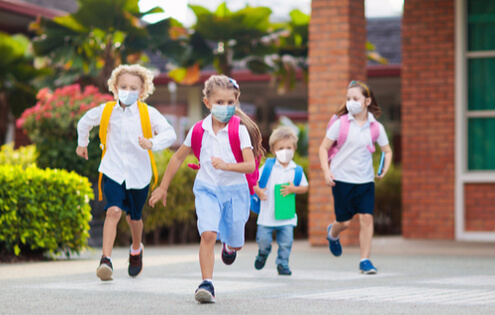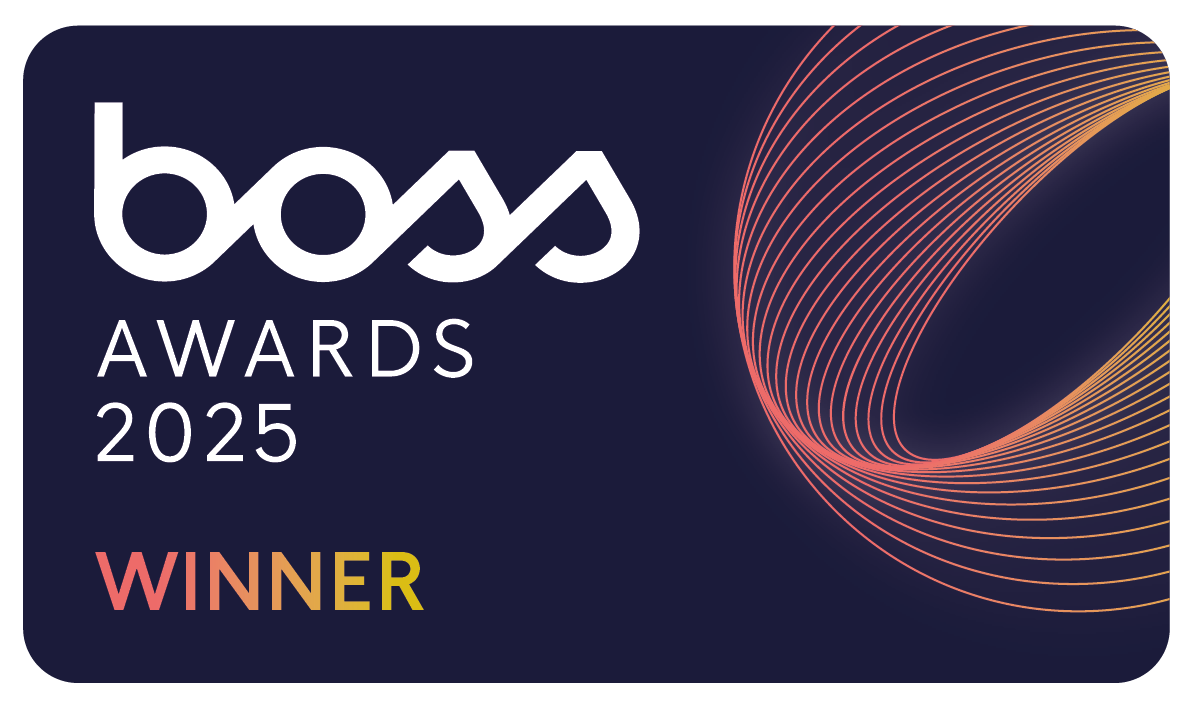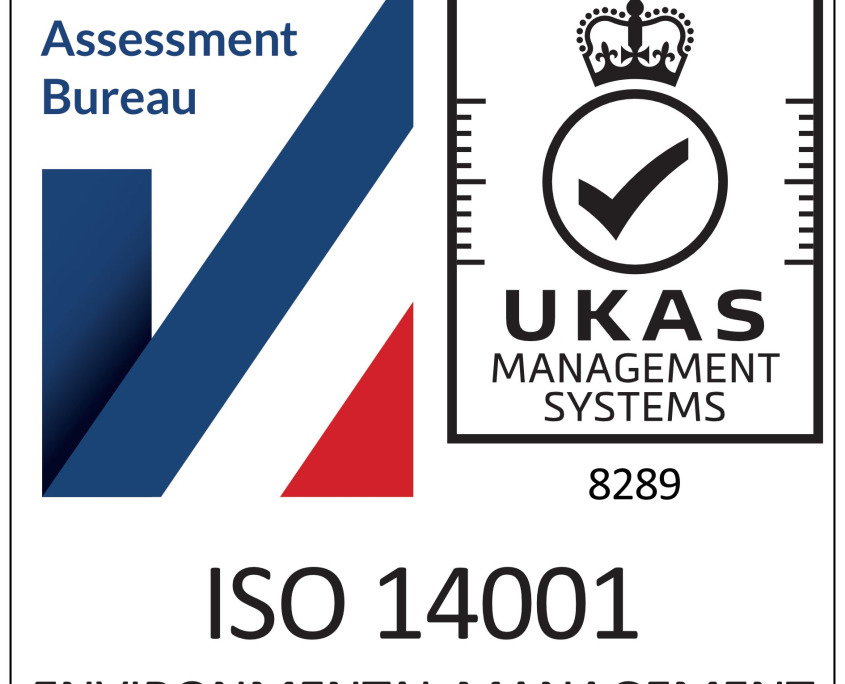Protecting touchpoint surfaces with antibacterial lacquer
Since the outbreak of the coronavirus pandemic, we are more aware than ever of the importance of cleanliness and good hygiene practice. This can come in many forms and public health authorities across the world are advocating extreme sanitary measures not only in hospitals, care homes, public buildings and schools, but also in supermarkets, public transport and at home.
With global hygiene routines becoming more rigorous than ever, businesses in the UK are preparing for a phased return to work for their employees by conducting workplace risk assessments and incorporating meticulous cleaning schedules. Government guidelines have put an emphasis on the importance of more frequent cleaning and the special attention to be given to high-touch areas such as door handles, printers and keyboards.
A thorough deep clean is recommended twice a year for commercial premises but while regular cleaning is stepped up, unfortunately, this doesn’t prevent germs recurring within minutes of sanitising key touchpoints like handrails on buses or trains, supermarket trolley handles or lift buttons because they have been touched by infected hands shortly after being sanitised.
How can we provide enhanced protection for employees and the public?
One long term solution to prevent the spread of bacteria from hard surfaces is to spray them with a unique antibacterial surface lacquer. As with your household furniture, a layer of lacquer provides protection for your chosen surface. If you’re using a lacquer for commercial purposes, ensure it holds the FIRA Standard 6250 : 2005 rated for heavy to severe use and given the current pandemic we are in, it is recommended to go for the antibacterial coating. Choose your desired finish, matt, satin or gloss and you will have the added peace of mind that the coating kills bacteria such as E.Coli, Salmonella and MRSA in 24 hours. The lacquer can be used on wood, steel and plastic making it an ideal solution for transport providers, supermarkets, airports, sporting venues or theme parks, all of which have a high footfall of visitors… when you aren’t going through a pandemic.
Transport
Have you ever noticed how many sets of handles there are on buses, tubes, trains and trams….it’s a lot! Whilst there has been a reduction in the amount of people travelling on public transport, services are still operating and are providing vital transportation for key workers and those who cannot work from home. Buses, trains and trams are still running with planes mainly flying for repatriation or essential cargo supplies and the managing companies and unions are under pressure to provide enhanced protection and peace of mind for their employees and members of the public using their services. Applying the antibacterial lacquer to the bus drivers’ perspex protective screens, handrails, door handles, seat handles, steering wheels, payment / oyster machines and other high-risk touch points seems like a positive step to take.
Supermarkets
The surge in panic buying may have dwindled but supermarkets have never been busier. With people confined to their homes in lockdown, many families have said that they are making more trips than ever to the supermarket for fresh produce! Previously, parents were grabbing their lunch whilst out at work and children were eating at school, now we’re seeing three meals a day being prepared and eaten in the home, which in turn means more trips to stock up on supplies. Trolley handles, shopping baskets, self-checkout areas, lift touch points, fridge handles and point of sale machines will all benefit from an application of antibacterial lacquer to protect staff and customers.
Care Homes, GP Surgeries & Dental Practices
The pride we have in our healthcare professionals and support staff is ever growing as they put their lives at risk every day to work tirelessly caring for the sick during these unprecedented times. GP, dental and veterinary surgery waiting room chairs would be an ideal area to protect in addition to door handles, receptions and consultation rooms. Care homes could also benefit from bed rails, wheelchairs and bathroom equipment being protected.
Schools & Gyms
With many schools fully or partially empty or running a small service for the children of key workers, now would be a perfect time to apply the antibacterial lacquer to toilet door handles, school canteen table tops, desks and chairs. Preparing these areas for the inevitable return to school will put schools one step ahead making sure that play time and learning time are fun and safe for children and staff. With workouts and studio sessions grinding to a halt just a few weeks ago, gyms and health centres, which by their very nature are breeding grounds for bacteria, may also benefit from using this downtime to consider sanitising gym equipment handles and other hard surfaces where germs can breed and spread. Clients who have had their gym memberships frozen for the time being will feel happier to return knowing that their health and safety has been taken into consideration and the premises have been protected.
Offices & Reception Areas
With the UK well into lockdown and the majority of office workers now fully embracing a virtual working life from home, there are still some offices which have remained open with critical staff or security on site. This means that reception areas, meeting rooms, breakout rooms, kitchens and offices are sitting empty, so there would be no business interruption to plan for as part of this antibacterial treatment programme to safeguard employees and visitors when they do eventually return to work. There are various options you can consider from the antibacterial surface lacquer, deep cleaning, clip on antibacterial handles or gel dispenser handles but now is the time to consider and implement those protective measures whilst work premises are empty.

